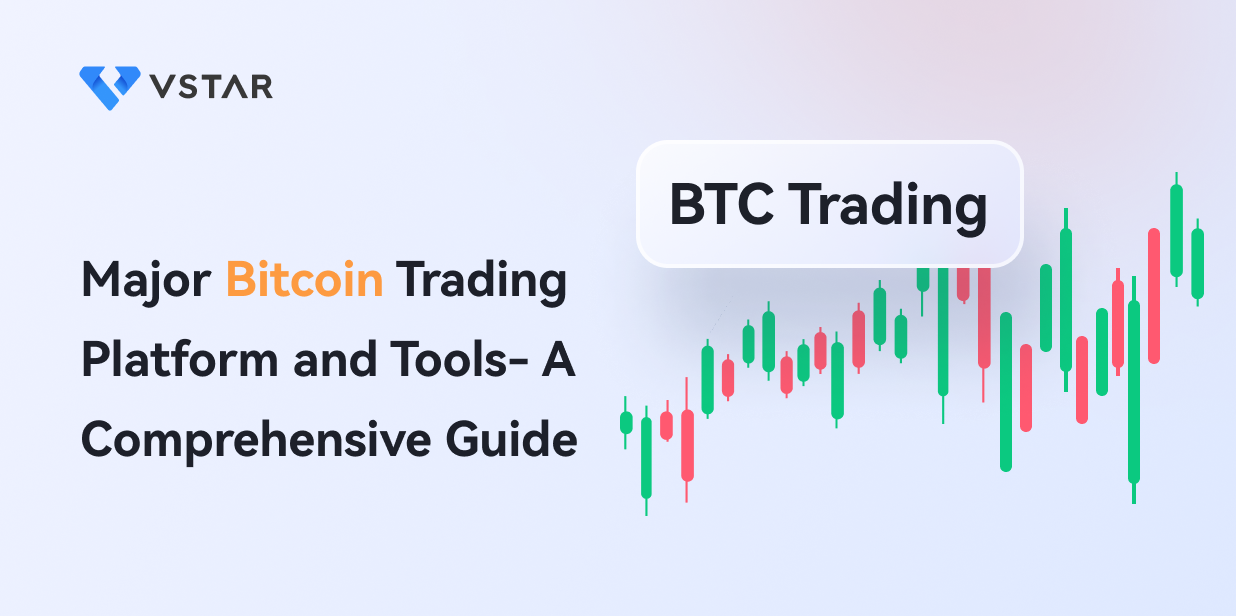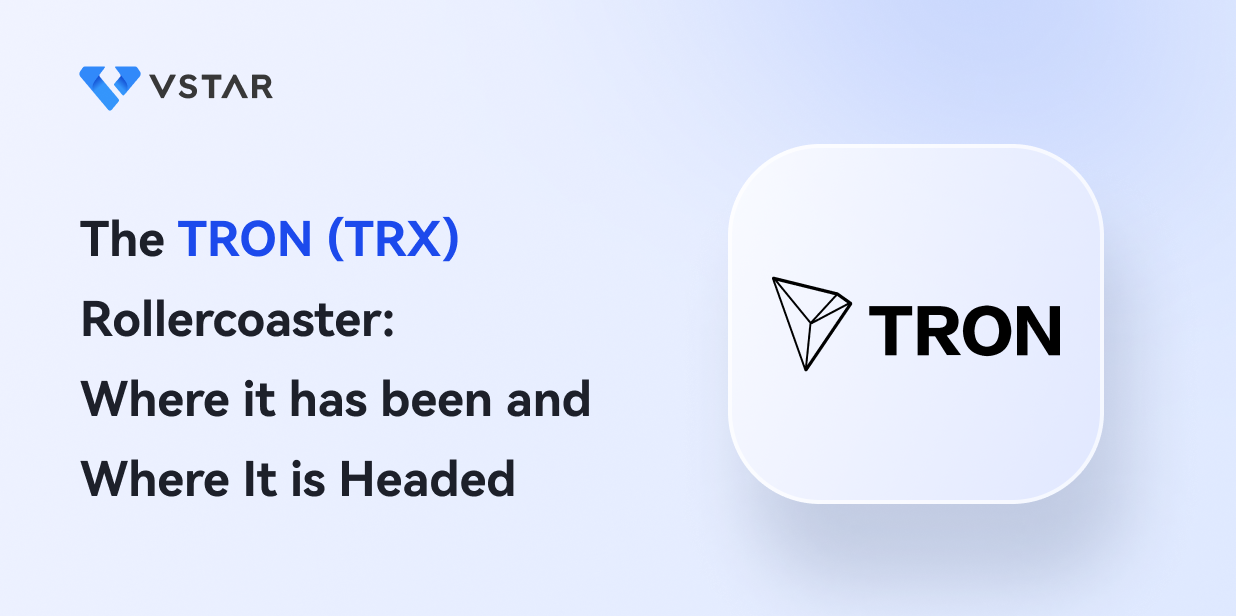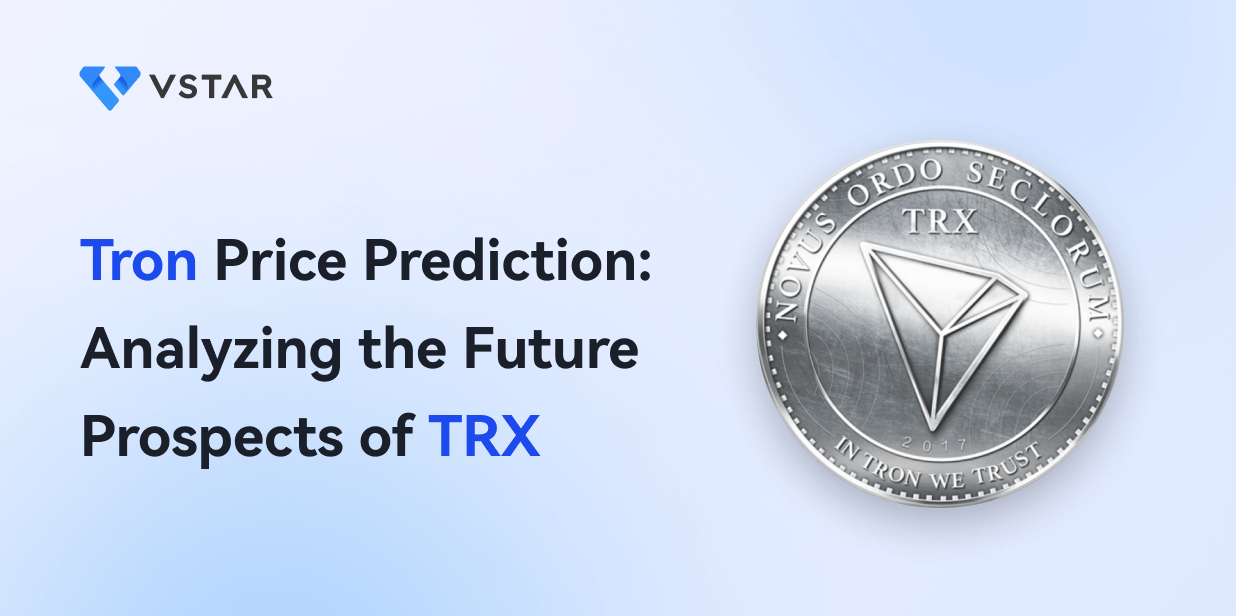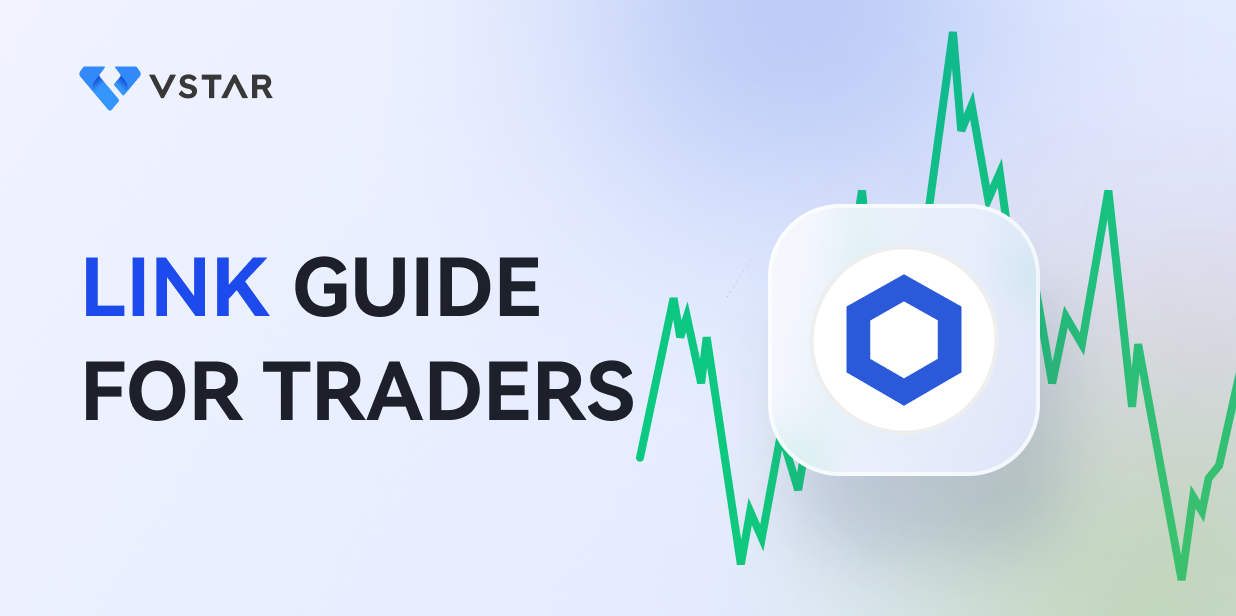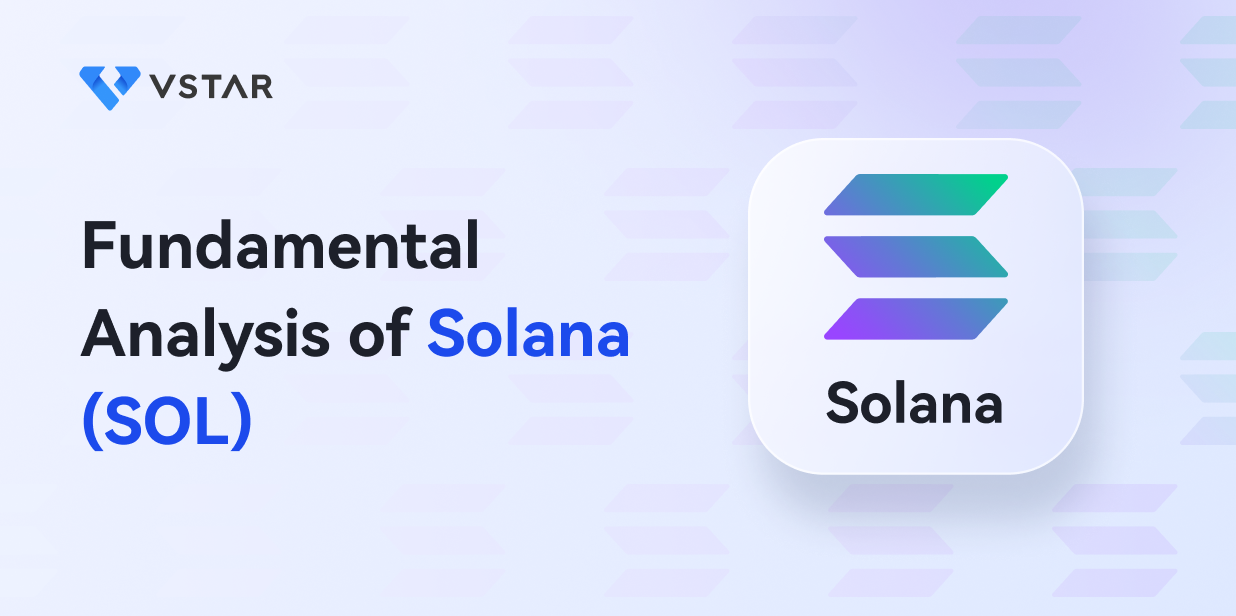Crypto trading is a lucrative venture when done right. What exactly does it mean to do it right? It entails having the proper information, skills and, above all, using the right platforms and tools. By doing so, you set yourself to make money from crypto trading consistently.
Now, you must understand that there are different types of crypto trading based on various markets, i.e. spot trading, crypto CFDs, crypto options and crypto futures. While some of these markets share some similarities, each is still unique; thus, you require a different platform and tools to trade. They compromise cryptocurrency exchanges, CFD brokers, charting platforms, automation software, and news aggregators, among others. It’s what this article discusses. It also guides you in choosing the right platform and tools for Bitcoin trading.
What are the Best Cryptocurrency Exchanges?
A cryptocurrency exchange is an online trading platform/ marketplace that is used to buy, sell and exchange cryptocurrencies like Bitcoin. Briefly, they allow you to trade the crypto spot market. Currently, most of the crypto exchanges in the market also offer wallet services to account holders where they can store their digital assets and cryptocurrencies. Crypto exchanges are placed into two key categories, i.e. Centralized Exchanges (CEXes) and Decentralized Exchanges (DEXes).

Here are the major crypto exchanges most traders use:
1. Binance
Binance is one of the crypto exchanges that has dominated this trading exchange industry. Currently, it’s the world’s largest cryptocurrency exchange by trading volume. As a result, it has high liquidity making it ideal for most users trading Bitcoin and altcoins such as Ethereum, Litecoin etc.
Besides buying and selling cryptocurrencies, Binance facilitates other crypto derivatives and future contracts. Above all, it supports various types of trade orders such as limit orders, stop-limit orders, one-cancel the other order and market orders. Other services offered on Binance include lending and staking.
Any other good thing about Binance? It offers relatively lower fees than its competitors and is safer for users’ information and funds.
However, it can be complex for beginners and even some experienced traders. So, is there an alternative for beginners? Check out the next crypto exchange on this list, Coinbase.

2. Coinbase
Coinbase is another popular crypto exchange in the market that features an easy-to-use interface for traders of all levels, including beginners. Also, being one of the largest exchanges, it offers a wide selection of cryptocurrencies. Its security features are also excellent: it has suffered a few breaches over the years.
Are you an advanced trader? Coinbase offers a pro version (Coinbase Pro) with advanced trading capabilities/tools but with lower fees.
The only downside of Coinbase is that it has a complex fee structure and charges higher fees than other exchanges.
What are the Best CFD and Spread Betting Brokers?
To start with, what are CFDs? Also, what does spread betting mean? Contract for Differences (CFDs) allows traders to trade prices movement of securities and derivatives (an underlying asset). In simple terms, you could say CFDs are a form of leveraged derivative trading since they deliver value from the movement of an underlying asset. For instance, Bitcoin CFDs (like BTC/USD) allow you to speculate on the price of Bitcoin without actually buying or owning the coins. Similar to CFDs, spread betting entails placing a speculative bet on the price movements of the underlying asset without actually owning it.
Below are the best CFD trading platforms and spread betting brokers for Bitcoin trading:
1. VSTAR
VSTAR is an online trading platform that allows users to trade a wide range of markets, including forex, commodities, CFD stocks, indices, and crypto CFDs. It’s a brokerage firm regulated and licensed by bodies such as CySEC and FSC and attracts users from over 100 countries globally.
Why should you choose VSTAR for Crypto CFDs? They offer super tights spreads and zero commission on trading, thus boosting your profitability in the market. Another great thing is that VSTAR features a user-friendly interface, making navigating the platform hassle-free. Above all, you can access a 100:1 leverage to trade crypto CFDs.
Compared to traditional cryptocurrency exchanges, VSTAR is regulated, and investors’ funds are segregated, thus making it a safer option. Also, with VSTAR, you can trade the market in both directions (bullish and bearish), and you get better risk management tools which crypto exchanges don’t offer. Over and above, you don’t have to deal with the risk of managing a crypto wallet like it’s the case while trading on a typical crypto exchange.

2. Plus 500
Plus500 is another regulated CFD trading platform offering Bitcoin CFDs in the market. In addition to its competitive spreads, it’s also known for its zero-commission model.
Their platform also features an easy-to-use interface allowing users to navigate through, place, and monitor trades. In addition, executing trades on the Plus500 platform is pretty swift.
However, it may be a less suitable option for some traders due to the strict leverage limits for crypto CFDs. Also, you cannot integrate third-party analytical and automation tools, and their market research and educational resources are limited.
3. IG Markets
IG Markets is a brokerage platform that provides its users with spread betting and CFDs services. It doesn’t charge commissions for spread betting, but a fee may apply if you hold the bet for an extended period. The spreads are relatively good on most instruments it offers.
Notably, IG Markets features an intuitive and well-design platform that is easy to use and customize. On top of competitive pricing, it offers guaranteed stops and 24/7 support.
However, it lacks a predefined layout and has a high financing rate.
What are the Trading Tools Needed to Trade Bitcoin?
To start with, a trading tool is anything (other than physical hardware like a computer or phone) that allows a trader to invest effectively. They’re often digital services that enable traders to make smarter investment decisions.

Trading tools worth looking at trading include:
1. Portfolio trackers
A portfolio tracker is an app or website enabling you to connect your crypto exchange account or wallet to track/monitor the status of your Bitcoin (or other altcoins you hold), costs and profit/loss in one place. As a result, you can manage your portfolio properly. These tools also provide live prices of added cryptocurrencies.
You’re probably wondering why keeping track of your asset’s performance is important. Well, it helps you build a selection of well-balanced assets in your crypto diversification, which is extremely important for this kind of investment.
Examples of crypto portfolio trackers and management apps include ConStats, Delta, Kubera, Coin Tracker, Coinmarketcap etc. Most of these apps are auto-sync trades and support major coins.
2. Charting platforms
A charting platform is a program, software or application used to track the price and volume of various cryptocurrencies. They provide traders with charts and indicators, among other tools necessary for technical analysis.
Apart from helping traders with technical analysis, crypto charting platforms are also significant when developing technical analysis strategies. You can even demo trade.
What are the best charting platforms for cryptocurrency traders? TradingView, Shrimpy, Cryptoview Cryptowatch and Quadency. Most of these charting platforms offer free versions, support altcoins and can integrate with crypto exchanges.
3. Tax calculators
Regardless of your level of trading, in some countries, you’re required to pay taxes for the cryptocurrencies you hold or for transactions you make, including purchases. This is where you’ll need a tool like a tax calculator. It allows you to calculate capital profit and loss from crypto trading capital gain tax and take deductions on expenses; thus, you can calculate crypto taxes correctly.
Tax calculator software also helps in the filling process, including generating crypto reports. Generally, this is a must-have tool to help you stay compliant regarding crypto taxes.
Examples of tax calculators available in the market include Koinly, Accointing, CoinTracking, CryptoTaxCalculator, CoinLedger, TokenTax and TaxBit.

4. Automation
If you’re that one trader who doesn’t have all the time to sit and watch the screens waiting to catch a certain move in the market, then automation could be significant to you.
Automation tools in crypto trading are specialized software or computer programs that use algorithms to automate the process of buying and selling cryptocurrencies. It requires connecting to exchanges via API to set up trading bots, signals and copy trading. However, it can be complex to set up.
What are the best automation tools in crypto trading? Most traders often use 3Commas, Cryptohopper, Coinrule, Bitsgap and TradeSanta.
5. Wallets
In crypto trading, the security of Bitcoin or other cryptocurrencies you own is vital. Therefore, you’ll need a crypto wallet. A wallet is a combination of a public address and a private key. It can be a hardware, paper or software wallet.
Hardware wallets (they’re hardware devices) are usually the most secure crypto wallets since they’re not connected to the internet like web or mobile wallets. Desktop wallets allow you to store Bitcoin and other cryptocurrencies offline. On the other hand, Web wallets can only be accessed by internet browsers and are less secure.
Examples of hardware wallets include Ledgar and Trezor. Crypto software wallets worth looking at entail Electrum, Coinbase and Exodus.

6. News aggregators
News aggregators are digital platforms that collect news articles and blog posts from various sources to discover trends, events, worthwhile analyses or trading opportunities in the Bitcoin market. Besides, these platforms help you stay up-to-date with the latest crypto industry news and developments.
Also, the fact the crypto market is volatile and often influenced by news and media; news aggregators are essential tools in the trading space.
Examples of popular news aggregators include Cointelegraph, Coindesk, CryptoPanic, Beincrypto and Bitcoin Magazine.
7. Education
Having the proper knowledge affects your success rate in the crypto trading industry. For instance, a beginner needs a basic understanding of the cryptocurrency market. The best way to acquire it is through digital education platforms. They offer paid tutorials and courses for learning different things like Bitcoin, blockchain basics, technical/fundamental analysis etc. Additionally, you can get a course on how to develop trading strategies.
Some education platforms offering quality crypto trading courses include Udemy, Coursera, Khan Academy, LinkedIn Learning and Blockchain Council.
Tips for Choosing the Right Platform and Tools
As outlined earlier, trading platforms and tools are vital for traders, from helping them analyze the market, open trades, and manage trades. Therefore, it’s important to select platforms and tools that suit you. With many options on the market, choosing the right ones can be daunting. Here are tips to keep in mind when choosing trading platforms and tools to use.
1. Consider your needs
Your needs are the first thing to consider when choosing a trading platform/tool. Your needs are determined by the type of trader you’re and the features you need to achieve your trading goals. For instance, are you an experienced trader looking for advanced features? Are you doing active or passive trading? Are you trading Altcoins or Bitcoin only? Do you want to trade crypto CFDs or the actual assets on an exchange? These are some of the things that clearly determine what platform you trade on and what tools to use.

2. Fees and commissions matters
Trading commissions, withdrawals and spread fees can significantly impact your overall profits. Some platforms charge flat fees, while others charge a certain percentage for various services. Therefore, checking transfer fees or other commissions is extremely important before signing up for a platform. Also, high-volume traders should look for rebates/ discounted rates to avoid high trading costs.
Here is the good news: you can find platforms favourable to most traders with their 0% commissions and affordable fees.
3. Regulation is important
Your country may require licensed/compliant exchanges depending on where you reside. Also, you might find that some CFD brokers are not regulated in some countries or regions. Above all, the advantage of choosing a regulated platform is that it gives users some form of security from undisclosed financial risks and financial malpractices such as order manipulation.
Therefore, checking license and legal compliance should never be overlooked. In addition, avoid unregulated brokers at all costs to protect your funds.
4. Understand margin and leverage
If you choose to trade crypto CFDs, margin/leverage is one thing brokerage firms offer traders. It helps open a bigger position on your standard account even when you’ve less capital. With higher leverage, you can maximize your profits, but it can also magnify your losses. For this reason, you must carefully consider how much margin you need and can handle volatile crypto assets like Bitcoin.

5. Accessibility and ease of use
How fast you can access a trading platform or tool on your devices matters greatly. We’re in a fast-moving world, and convenience is extremely important. Also, considering how easily you can navigate a platform, placing trades or using other features should be a priority. That means you should consider platforms with user-friendly interfaces.
6. Other key elements to watch out for
Among other key elements to consider when choosing a crypto CFD trading platform are liquidity providers, spreads, shorting ability, guaranteed stops availability, expiration dates etc. While building a trading strategy, these things are of great significance.
Summary
A wide range of crypto trading platforms and tools exist for traders of all levels. You can access crypto exchanges, CFD brokers charting platforms, and trading bots, among others. If you utilize them correctly and effectively, it can impact your trading career positively. However, whatever tool you choose depends on factors such as your skills, styles of trading, trading cost, regulations and ease of use.
